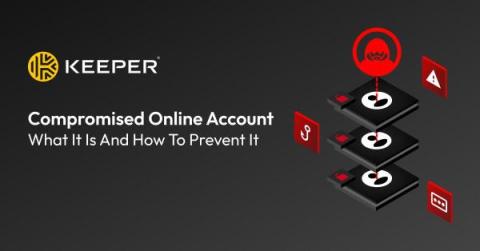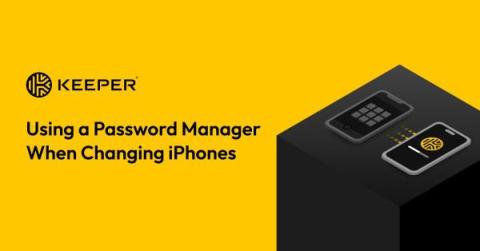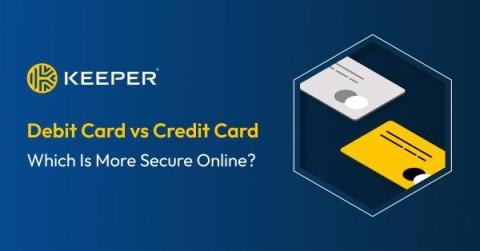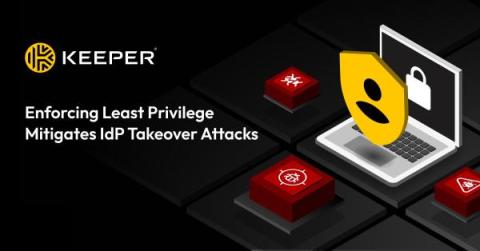Compromised Online Account: What It Is and How To Prevent It
A compromised account is an account that has been accessed without the owner’s permission. Compromised accounts can happen for a variety of reasons including public data breaches, using weak passwords, failure to enable Multi-Factor Authentication (MFA) on online accounts, falling for phishing scams or having malware unknowingly installed on your device. Continue reading to learn more about compromised accounts and tips to prevent your accounts from being compromised.











